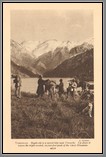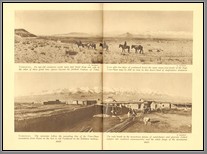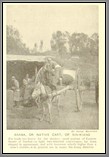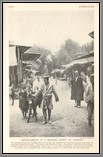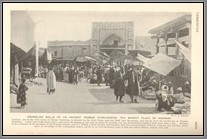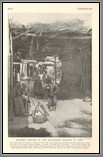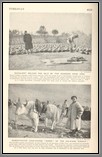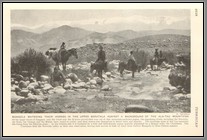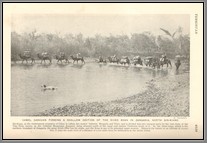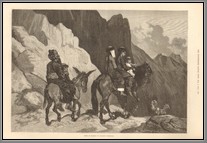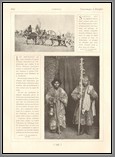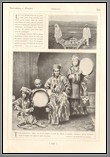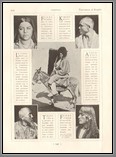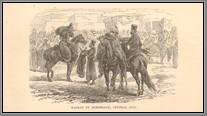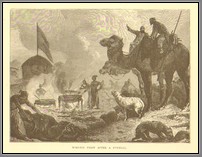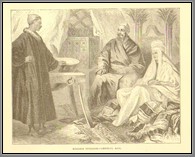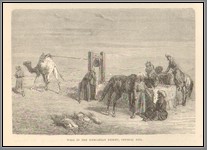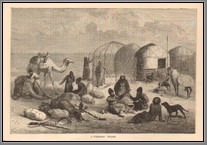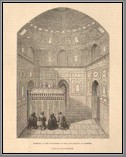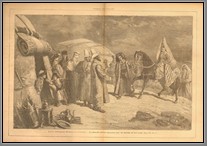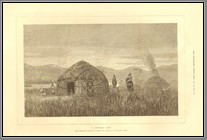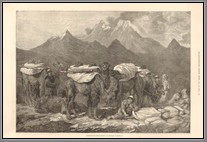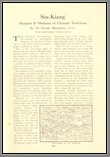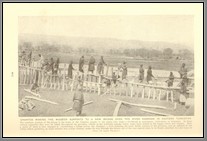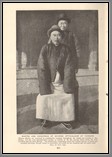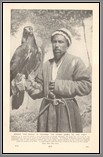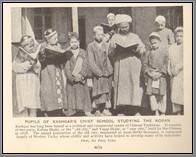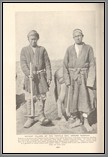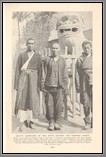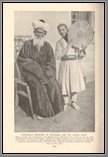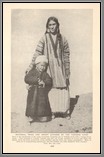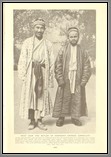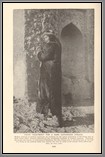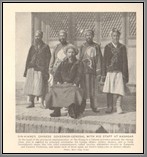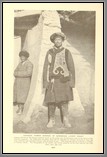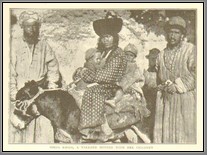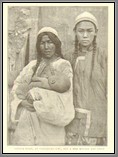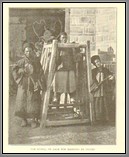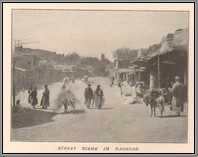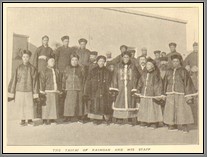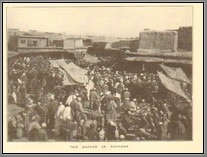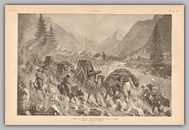Sinkiang, Uguyrs and Moslems
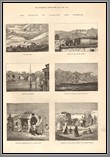 SAPE 022Large collection of 20 illustrations from European periodicals on the British Mission to Yarkund and Kashgar in 1874. The Pamirs are a moutainous region of central Asia, lying on the north-west border of India. Since 1875 the Pamirs have probably been the best explored region of High Asia. Not only have many travelers of many nationalities directed their steps towards the Bam-i-dunya (“the Roof of the World”) in search of adventure or of scientific information, but the government surveys of Russia and India have met in these high altitudes, and there effected a connection which have helped to solve many of the geodetic problems which beset the superficial survey of Asia. Since Wood first discovered a source of the Oxus in Lake Victoria in 1837, and left us a somewhat erroneous conception of the physiography of the Pamirs, the gradual approach of Russia from the north stimulated the processes of exploration from the side of India. Native explorers from India first began to be be busy in the Pamirs about 1860, and continued their investigations for the following 15 years. In 1874 the mission of Sir D. Forsyth to Yarkund led to the systematic geographical exploration of the Pamir country.The illustrations in this collection are mainly from Forsyth's mission. B
SAPE 022Large collection of 20 illustrations from European periodicals on the British Mission to Yarkund and Kashgar in 1874. The Pamirs are a moutainous region of central Asia, lying on the north-west border of India. Since 1875 the Pamirs have probably been the best explored region of High Asia. Not only have many travelers of many nationalities directed their steps towards the Bam-i-dunya (“the Roof of the World”) in search of adventure or of scientific information, but the government surveys of Russia and India have met in these high altitudes, and there effected a connection which have helped to solve many of the geodetic problems which beset the superficial survey of Asia. Since Wood first discovered a source of the Oxus in Lake Victoria in 1837, and left us a somewhat erroneous conception of the physiography of the Pamirs, the gradual approach of Russia from the north stimulated the processes of exploration from the side of India. Native explorers from India first began to be be busy in the Pamirs about 1860, and continued their investigations for the following 15 years. In 1874 the mission of Sir D. Forsyth to Yarkund led to the systematic geographical exploration of the Pamir country.The illustrations in this collection are mainly from Forsyth's mission. B
Price: $440.00
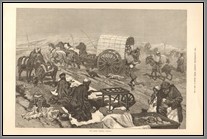 SAPE 022 SAPE 022 | 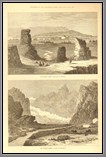 SAPE 022 SAPE 022 | 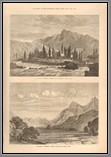 SAPE 022 SAPE 022 | 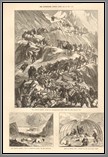 SAPE 022 SAPE 022 |
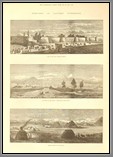 SAPE 022 SAPE 022 | 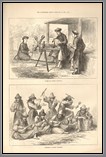 SAPE 022 SAPE 022 | 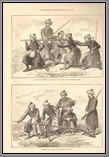 SAPE 022 SAPE 022 | 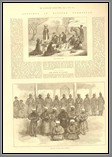 SAPE 022 SAPE 022 |
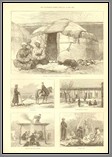 SAPE 022 SAPE 022 | 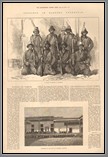 SAPE 022 SAPE 022 | 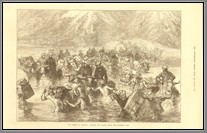 SAPE 022 SAPE 022 | 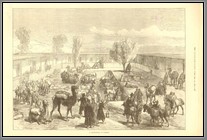 SAPE 022 SAPE 022 |
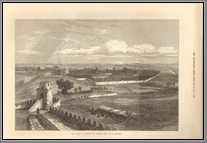 SAPE 022 SAPE 022 | 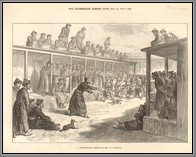 SAPE 022 SAPE 022 | 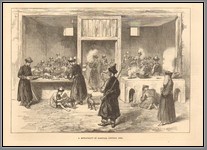 SAPE 022 SAPE 022 | 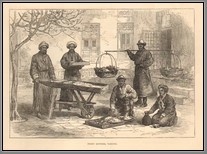 SAPE 022 SAPE 022 |

